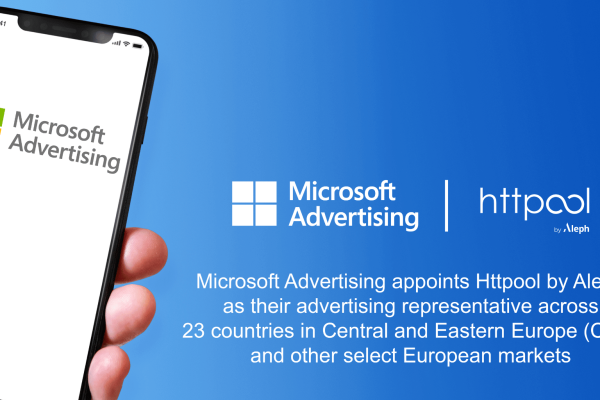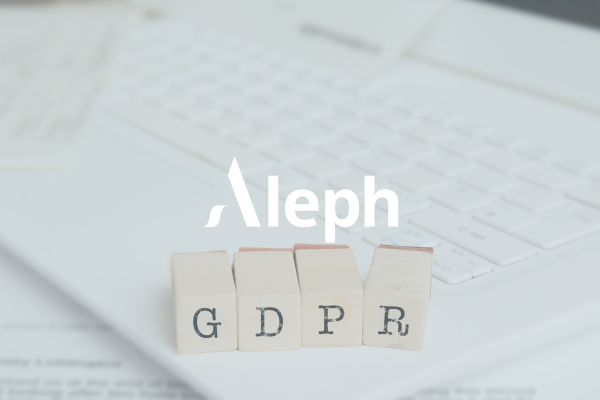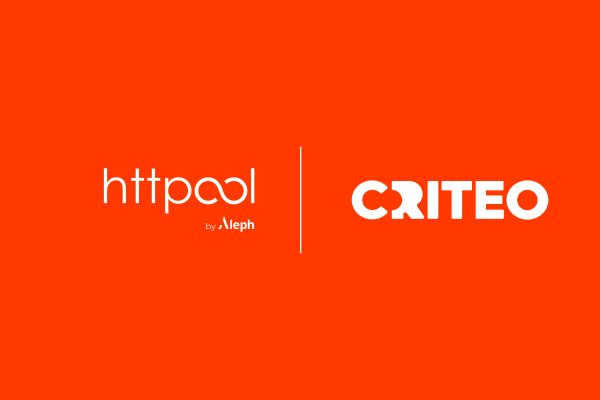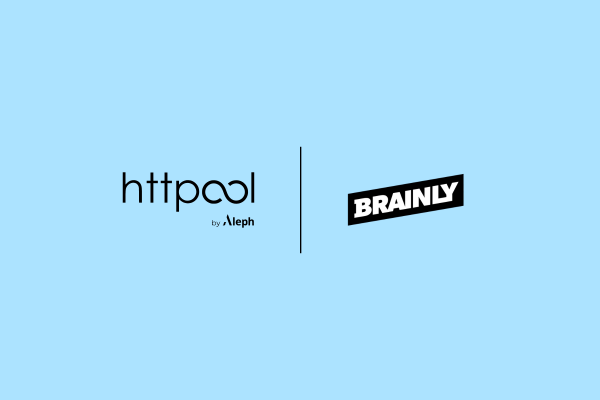
The world of digital marketing is a complex and competitive environment to manoeuvre. We see countless commercials and sponsored posts throughout the day, with mindless scrolling seemingly becoming a part of the culture. The ability to convey a brand’s message to the public and raise awareness is a perplexing objective. Thus needless to say the top priority for all is to stand out from the crowd, designing personalised and eye-catching advertisements to allure audiences. Coupled with a master guide of mistakes to avoid, you may just have a recipe for success.
A simple yet crucial mistake made by brands is attempting to focus on multiple objectives at once. Naturally, brands should strive to accomplish results across the board, but employing a variety of aims in one campaign is a recipe for failure. Many marketing strategies fail to meet expectations because companies are trying to achieve sales, build brand awareness, and reach new audiences all within a singular campaign. An effective advertising approach centres around the accomplishment of a particular ambition and purpose.
It is important to take the time to research your target market, implement various strategies to gather necessary data. We know that planning and executing exceptional marketing strategies can be a demanding burden at times, due to this many firms seek specialist advice to help guide through the process. This is where we come in, Httpool is here to elaborate the usual mistakes made in advertising and how to avoid them.
Managing Social Media Campaigns and Aspects of Digital Marketing
The mismanagement of campaign approaches is another common advertising mistake. Some marketing channels are exceptional for particular objectives but not for others, it is therefore very important when planning campaigns to select the optimum channel for your needs. It is also crucial to understand fundamental strategies for the commercial input of a brand and employ them accordingly with the company’s objective.
For small and medium enterprises the priority should be establishing a sizable reputation before exclusively creating advertising campaigns to raise sales. Depending on the brand’s objective there are many strategy options to investigate. Organic marketing is a well-known approach to gaining audiences and keeping current consumers engaged with the brand. This includes personalised emails, blogs, social media presence, and improving SEO. Organic marketing is a defined strategy that works wonders for brands, fundamentally improving both new and current marketing content. It also supports the establishment of authentic clientele, however can take a considerable amount of time to see rewards. If a brand is in need of a more immediate remedy to online presence, perhaps they should consider the advantages of paid marketing.
Paid activities incorporate pay-per-click (PPC), social media ads, and influencer marketing. It is designed to push the brand’s content online toward targeted audiences. Additionally, paid marketing focuses on driving sales or engaging customers with specific activities. The application of these methods is crucial for brands to place paid advertising content within the areas of their consumer’s interests. Consequently, this manoeuvre leads to more exposure and awareness.
As much as it is an excellent strategy that delivers results, it also has some drawbacks. Customers can feel like the company is pushing their products and subsequently clients might avoid it. Although finding the perfect combination of both is essential, brands need the respective benefits of both organic and paid marketing to raise sales, reach audiences, and build an online presence.
Inadequate Planning
Building content for digital media should primarily focus on comprehensive planning, specifying the target audience, conversion rates, and traffic. All of which are crucial characteristics for conducting a successful campaign. Notably, the most efficient plan also highlights; the budget, time for execution, mission statement and main objectives.
Adequate planning helps identify brand objectives, defining the aim that the company wishes to target, and use this across all the digital marketing channels to complete the process successfully. Furthermore, in order for this process to be triumphant it should also include a deep understanding of customer needs. Preliminary to the planning, brands should conduct intricate research and surveys about their clientele. Data is vital to the interpretation of a market and crucial for a compelling marketing strategy. Lack of research consequently leads to a failure to acknowledge customer demands.
Increasing a customer base whilst also accomplishing sales is the mission for every company, and with the use of social media, this mission seems possible. Interacting with users on social media platforms builds brand reputation and increases online presence. Additionally, a recognizable and esteemed reputation consequently leads to more revenue. A large majority of customers, especially among Gen Z audiences, utilise search engines to locate online reviews and opinions, before deciding on a purchase. Having an excellent reputation is advantageous for a company, especially, in the competitive market of advertising.
The Generalisation of a Target Audience
Generalising the customer base is a deficient tactic, as effective advertisements target a specific demographic group. With the focus on achieving more conversion rates and traffic, brands should consider thorough research of both their current and potential audiences. Gaining full comprehension of the audience can tremendously influence the creative process of a marketing plan. The main aim of research should be to build an image of the customer, understanding how they think, and which commercials, products, or advertising methods would best appeal.
Lacking all the available data and customer profile analysis will hurt the making marketing strategy. There are many methods that can be utilised to establish consumer understanding, the most popular being; focus groups, surveys, competitor analysis, and keyword research. These will give your brand all the necessary information for creating the most effective advertising plan.
Communication is Key
Many brands are considered by customers to be tone-deaf or out of touch, this reputation is hard to shake, and thus should be avoided at all costs. Moreover, many companies seem to struggle to connect with consumers on a personal level. The ability to establish prominent and lasting relationships with customers is an extremely beneficial skill for all advertisers and brands. Fortunately, for those that do need a helping hand in this area, the functionalities offered by social media platforms can provide effective solutions to communication issues. The benefits of developing an expressive and positive reputation will fundamentally improve the public’s perception of a company, thus resulting in scaled sales, increased awareness, and higher demand.
The retention of current clientele is however equally as important to obtaining new ones. Developing a loyal group of consumers is essential for any small or new business. Online reviews, social media discussions, and customer opinions are in fact a considerable communication opportunity to be leveraged – build relationships with your audience, encouraging loyalty, resulting in positive experiences, and thus a more alluring reputation. Despite these efforts, sometimes there is nothing you can do to avoid the odd rude or argumentative review. Our advice is to not react, stay calm, and offer help to solve their issue. With the eyes of the world watching across all digital channels, it is important to demonstrate your ability to treat all customers well, as this could influence potential customer decisions.
The Accurate Measurement of Campaigns
Arguably, one of the most common mistakes in marketing for start-up businesses is an inability to measure campaigns. The reach of marketing campaigns have to be regulated accurately – it is essential for gathering as much data as possible about the market. This will allow brands to understand the demands and needs of the customers and fundamentally create engaging content. Depending on the advertising approach, measurements are supposed to be conducted distinctively. Marketing campaigns, as well as media channels, vary significantly, and brands must implement methods based on this knowledge.
The sweet spot between organic marketing and paid online activities is an important discovery for any new or small business. In regards to organic reach, the effectiveness can be measured by the percentage of conversion traffic. Additionally, to understand in detail the reach of organic marketing, advertisers should establish which social media channels generate the highest engagements and impressions.
When measuring paid marketing campaigns it is even more effortless and straightforward. One of the most popular methods is to count the click-through rate; the higher the number the more likely that the advertisement was received as engaging by a targeted audience. Furthermore, the use of conversion rates or goal completion records the percentage of customers that landed on your website. It is a direct demonstration of how many users converted from ads to the company’s website. This practice drastically improves the ability to distinguish if the content and placement of ads were successful.
Plan, Measure, and Execute
In conclusion, as you can see, preparation is indeed everything when it comes to marketing, so don’t forget to plan your marketing aims, and commercial objectives, taking into account the desired social media channels. And, of course, don’t overlook the importance of campaign measurement! Stay ahead of your competition with a constant flow of relevant data, consumer insights, and relevant campaigns. For more guidance on how to avoid common advertising mistakes please reach out to our team.









